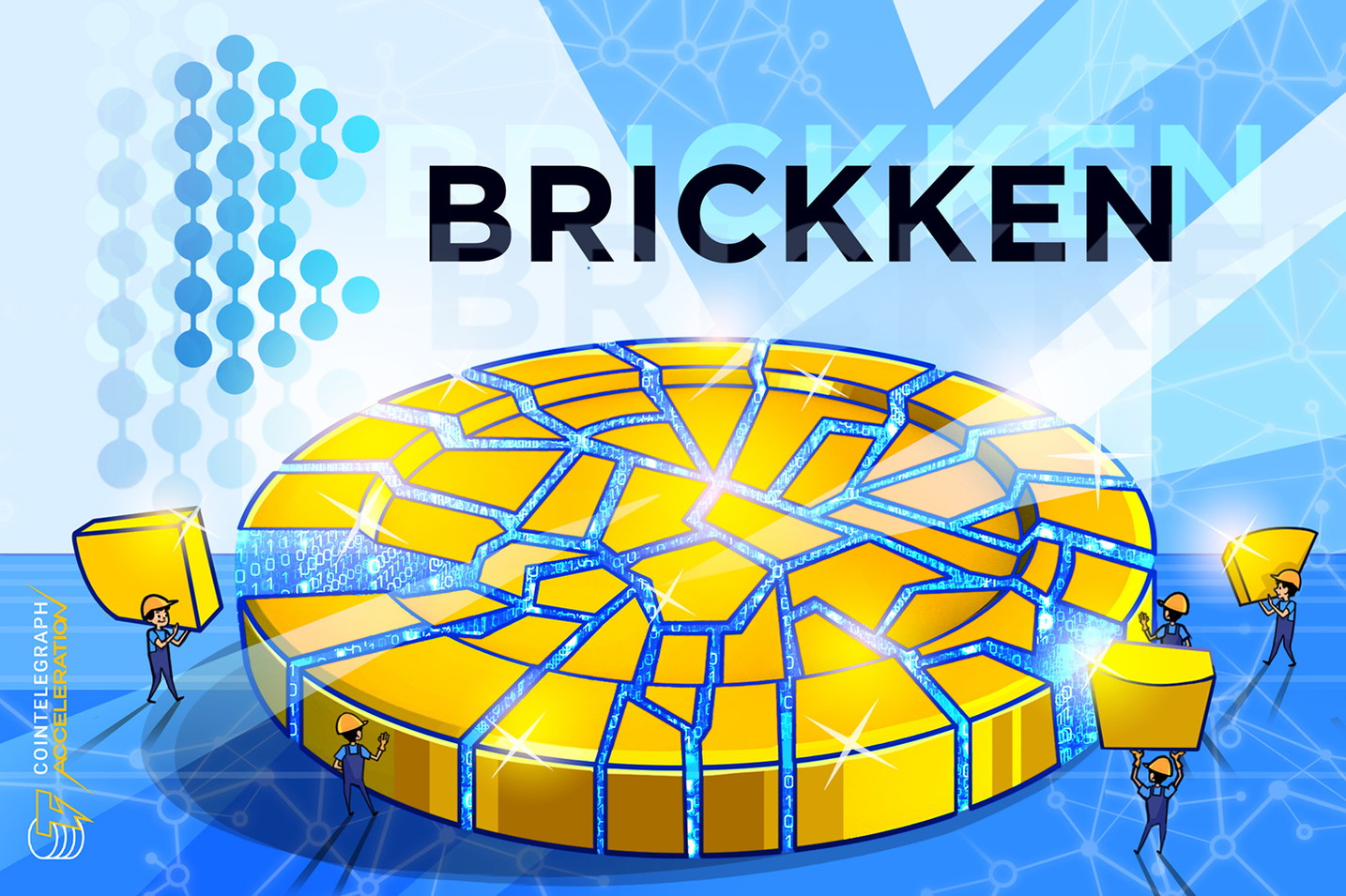"Just a few years ago, the idea of a fully tokenized world seemed like a distant dream," said Edwin Mata, CEO and co-founder of Brickken, in a recent Cointelegraph AMA.
"Since the news of the potential Ethereum ETF, banks have become more receptive to exploring tokenization for their portfolios," Mata said. "Proof-of-concept projects are gaining traction, demonstrating the potential of tokenization for institutional investors. Institutional involvement validates the entire ecosystem and encourages others to participate."
Overcoming legal & technical hurdles in RWA tokenization: AMA with Brickken https://t.co/L5lTodMk14
— Cointelegraph (@Cointelegraph) July 17, 2024
The speaker highlighted the initial focus on stablecoins, such as USDC and Tether's USDT, as a catalyst for broader adoption. "These currencies provided a layer of efficiency by facilitating onchain settlements," he said.
That initial wave paved the way for tokenized securities. "We've seen the tokenization of treasury bills explode, with estimates that a trillion dollars will be tokenized by next year. Tokenization of equity or debt is where we are now," Mata reported. "This rapid growth underscores the potential of tokenization to streamline financial instruments."
Simplifying tokenization
Brickken, a participant in the Cointelegraph Accelerator, is designed to streamline the tokenization process and provide companies with tools to manage the entire token lifecycle, from minting to issuance and ongoing management. An open API facilitates integration with other DApps and protocols.
"We are a plug-and-play solution for any company that wants to seamlessly tokenize its assets. We believe that onboarding Web2 assets into a Web3 world should be a matter of a few clicks. That's the philosophy behind our product design," said Mata, introducing Brickken.
The product, which officially launched in 2023, already boasts more than $230 million in tokenized assets across 14 countries. "We handle the technology layer, and our network of partners provides the essential legal, marketing, and financial services," Mata explained. This holistic approach ensures a legal, efficient, and successful tokenization process for our clients.
The platform is demonstrably diverse in its applications. "While real estate remains a popular choice for tokenization due to its ease of marketing, we're seeing increased interest from other sectors," he reported. "For example, we recently facilitated a successful capital raise for a biotech company, and we're working with franchises looking to expand internationally through tokenization."
The platform is also open to unconventional applications. "We recently had a well-known stone supplier approach us about tokenizing their revenue - a unique business model that we were happy to support," said Mata.
"We are currently focused on developing solutions for venture capital firms, family offices and asset managers," he added. "Partnering with established players like Coinbase can help us reach institutional investors."
Building trust through transparency
The guest speaker predicted a future dominated by tokenized markets. "Traditional financial markets like the Nasdaq will face competition from tokenized alternatives. These new platforms offer advantages such as lower fees, streamlined processes, and automated back-office functions.
As a result, companies will face a critical decision in the coming decade: list their shares on the traditional Nasdaq or launch a Security Token Offering (STO) in a tokenized market. The increased efficiency and cost-saving benefits of tokenization will likely make it the more attractive option for many companies," he said.
While STOs hold immense potential for companies, navigating the complex world of regulations can be quite daunting. "For example, launching an IPO involves a tremendous amount of bureaucracy," Mata explained. "Companies must comply with extensive regulations and jump through numerous hoops, especially in highly regulated markets like the United States. The high costs associated with IPOs in such jurisdictions further discourage smaller players."
Europe offers a more cost-effective alternative, but the process remains bureaucratic. Replicating traditional public offerings with tokenized securities still requires compliance with existing regulations.
Despite the hurdles, STOs offer a revolutionary approach to fundraising, especially for startups and smaller companies. "Technology is enabling companies to do things that were previously impossible," said the speaker. "Traditionally, startups raised capital from their inner circle - venture capitalists, family and friends. Now, technology allows them to expand that circle and tap into a broader pool of potential investors, including retail investors. With just a few clicks, a company in Brazil can raise capital from investors in Australia - a scenario unimaginable in the pen-and-paper era.
"The fragmented nature of global regulation makes a universally standardized approach to tokenized securities unlikely," acknowledged Mata. "This is a significant barrier to widespread adoption."
However, local regulatory efforts could influence global attitudes toward tokenization and create a more fertile ground for innovation. The European Commission's European Blockchain and Distributed Ledger Technologies Regulatory Sandbox, which Brickken recently joined, is one such recent example. It provides a ground for companies and regulators to discuss regulations and best practices for blockchain solutions while also offering legal guidance.
Mata sees such programs as an important tool for building trust. "These safe spaces allow us to demonstrate the legitimacy and functionality of tokenization to regulators. Previously, we participated in the Spanish regulatory sandbox for tokenized secondary markets. This allowed us to test our technology and build a compliant application.
By demonstrating how the technology works in a controlled environment, we can establish best practices and address any concerns. Such open communication with regulators has been instrumental in shaping our product development," he shared.
Disclaimer. Cointelegraph does not endorse any content or product on this page. While we aim at providing you with all important information that we could obtain in this sponsored article, readers should do their own research before taking any actions related to the company and carry full responsibility for their decisions, nor can this article be considered as investment advice.
